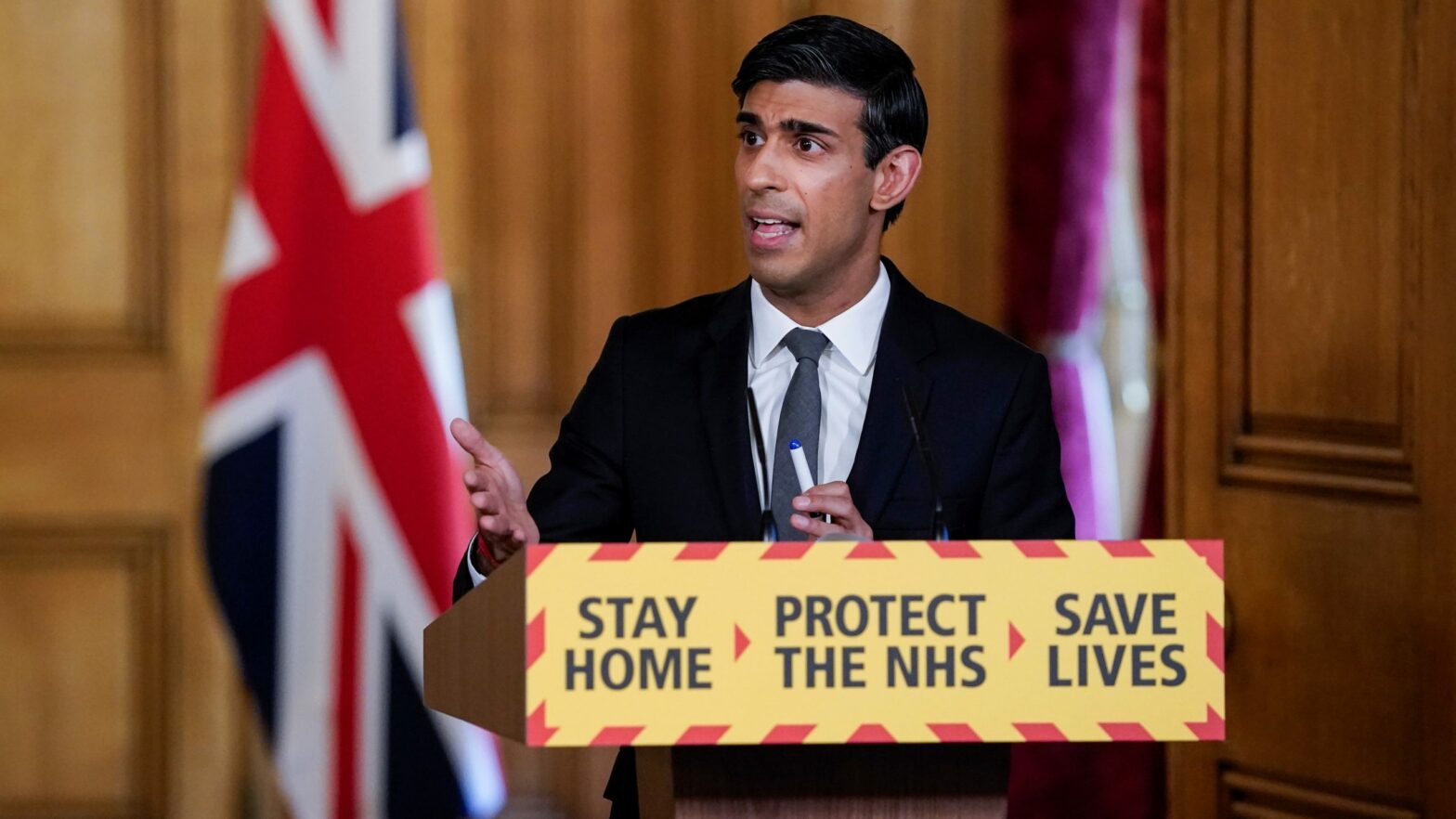UPDATED: Chancellor Rishi Sunak is preparing to offer 100% guaranteed loans and overdrafts of up to £25,000 to Britain’s microbusinesses.
Bank of England governor Andrew Bailey, three ex-Conservative chancellors and Tory MPs have put the chancellor under sustained pressure to amend the coronavirus business interruption loan scheme (CBILS) for a third time.
On Monday, the chancellor said he was “not persuaded” to increase guarantees for small businesses borrowing up to £5m through the scheme.
This is despite just 16,600 loans being approved so far out of 36,000 applications out of a potential market of 5.9m small businesses.
>See also: Coronavirus emergency business loans may be changed yet again
Would-be borrowers say they can either never get through to their bank or the bank rejects them as being too risky. The Catch-22 here is that banks are only lending to businesses it deems would have been viable before the coronavirus pandemic.
A recent survey by payment processor Tide showed small businesses expect revenue is set to decline by 57 per cent by the end of April. Over one in three small businesses (36 per cent) expect their year-on-year income to plummet by more than 90 per cent this month.
According to the Financial Times, Mr Sunak is “weighing up” whether to go against his instincts and offer full state backing for 100% loans of up to £25,000 to microbusinesses.
This new microbusiness lending scheme will ignore all or part of the Consumer Credit Act, which covers loans of up to £25,000 to small businesses. Although the act protects customers, legislation binds the hand of the banks when lending to very small businesses.
Under the current system, unhappy microbusinesses could complain to the Financial Ombudsman, who could rule the loans invalid, leading to large losses for banks.
This new scheme, which could help as many as 1m microbusinesses, could launch as early as next week, said insiders.
Overdraft facilities
Meanwhile, the Treasury is considering whether to give the banks a further £50m to set up automatic overdraft facilities for microbusinesses, again guaranteed by government. A microbusiness – one which employs up to 10 people – would not have to use the facility, which, like the loans would have interest charged on the overdraft.
“We have got to keep these small businesses alive,” Mark Francois MP told the FT. “The banks should be stepping up to the plate but they are not. If that is the case, the government may have to go to 100 per cent.”
Kevin Hollinrake MP, chair of the APPG on Fair Business Banking, said: “Throughout the crisis, the chancellor has been willing to listen to feedback and adapt the government’s economic response. The Treasury’s loan scheme has started to make some headway, but for far too many businesses it’s still not delivering on the ground. To ensure the scheme fulfils its objectives, improvements must be made quickly, or countless small firms will be left out in the cold.”
Further reading
How do I apply for a Coronavirus Business Interruption Loan?






